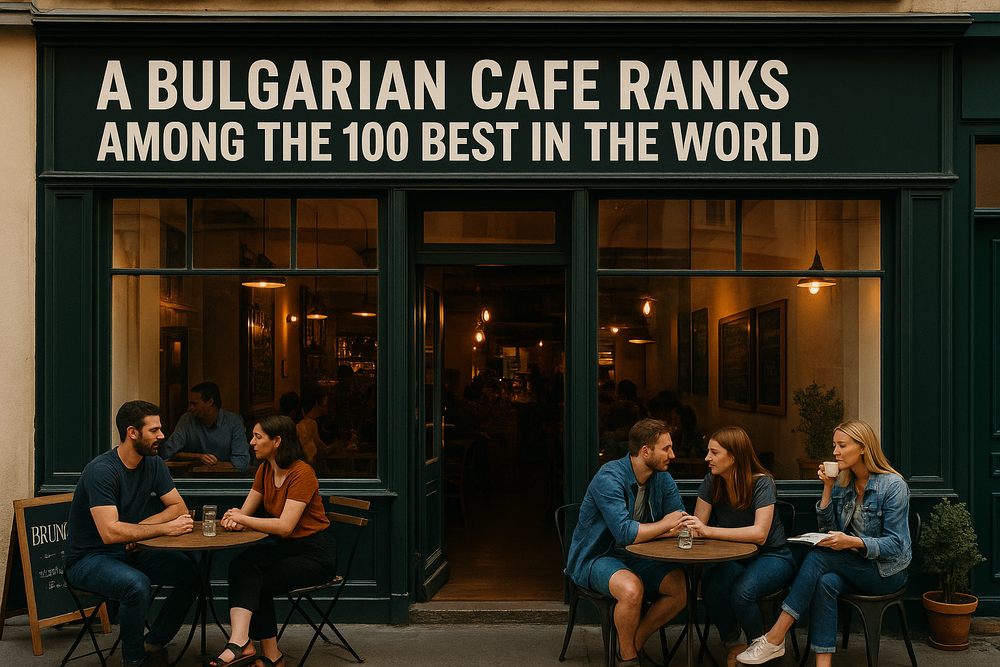
Farm-to-Table Revival: Bulgaria’s Organic Food and Slow Food Movement
In the sun-drenched valleys and misty mountain slopes of Bulgaria, a quiet revolution is taking place. As industrialized food production continues to dominate globally, Bulgarians are returning to the roots of their culinary heritage through organic farming, slow food initiatives, and a renewed love for authentic, locally sourced ingredients.
The Rise of Organic Farming
Over the past decade, Bulgaria has seen a notable increase in organic farms, especially in regions like the Rhodope Mountains and the Rose Valley. These farms prioritize biodiversity, traditional agricultural methods, and sustainability. According to the Bulgarian Ministry of Agriculture, organic farmland has more than tripled since 2010, reflecting both local demand and export opportunities.
Rosen, a beekeeper from the village of Apriltsi, explains his journey: “I left my IT job in Sofia to take care of bees. I wanted to live closer to nature and do something real. My honey is raw, unfiltered, and I never use chemicals. People taste the difference.” His honey, sold at Sofia’s Zhenski Pazar market, is infused with wild herbs like thyme and acacia – a direct reflection of the untouched landscape where his bees roam.
Likewise, Mariana and Dimitar, a couple producing sheep’s cheese near Sliven, follow age-old methods passed down from their grandparents. “We use wooden vats, natural rennet, and let the cheese mature slowly. It’s not fast, but it’s real,” says Mariana. Their products can be found at seasonal farmers’ markets and are gaining a loyal following.
Slow Food, Strong Culture
The slow food movement in Bulgaria is more than just a trend – it’s a cultural revival. Organizations like Slow Food Bulgaria work with rural communities to preserve endangered recipes and ingredients. From banitsa made with homemade sirene to heirloom varieties of beans from the Pirin region, these efforts reconnect Bulgarians with their gastronomic roots.
Workshops and food festivals like “Taste the Balkans” in Plovdiv invite urbanites to learn traditional food preparation from village cooks. There, kneading dough or curing meats becomes a celebration of heritage.
Where to Taste the Revolution
For travelers and locals alike, Bulgaria offers growing opportunities to experience farm-fresh dining. Restaurants such as Made in Home (Sofia), Shtastliveca (Veliko Tarnovo), and Memory Wine & Dine (Plovdiv) source directly from nearby farms. Menus often highlight seasonal vegetables, organic meats, and artisanal dairy products.
In the countryside, guesthouses like Villa Gella or Wild Farm in Gorno Pole offer immersive experiences, where guests can help prepare meals using ingredients picked that morning. “When you eat something grown meters away, made with care, you don’t just taste it – you feel it,” says Yana, a guesthouse owner near Smolyan.
The Road Ahead
While challenges remain – such as distribution logistics and the dominance of cheap imports – Bulgaria’s farm-to-table movement is gaining ground. For many, it’s not just about food; it’s a way to heal, to reconnect with the land, and to celebrate what it means to be Bulgarian.
As more people seek authenticity and sustainability in what they eat, Bulgaria’s organic producers and slow food champions are offering something truly meaningful: flavor with soul.





